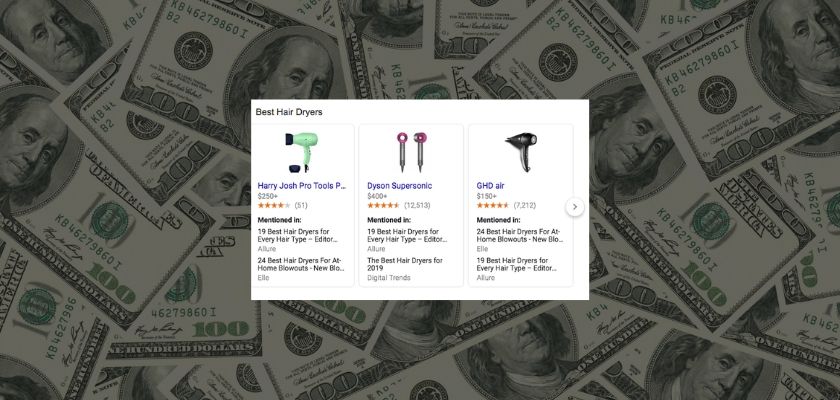Such is Google’s reputation for undermining competition on its gigantic platform that publishers struggling to find their place and profit online are watching closely, and nervously, its every move.
The latest suspicion about Google’s intentions is tied to the way the platform treats publishers’ commerce content, Digiday, an online media industry website, writes.
To understand what’s at stake here, it’s important to understand what commerce-driven content is. In essence, it’s an attempt by online publishers to gain financial independence from the display ad-driven model, dominated and controlled today by and large by Google.
In this context, the reasons for their level of anxiety at Google’s decisions that might end up undermining that attempt become self-evident.
Pushing out commerce content and pitching directly to marketers is a way for publishers to diversify their revenue sources from relying solely on “traditional” ads or putting their content behind paywalls. Instead, they are blending journalism with advertising, to produce content that includes affiliate links to products relevant to the story. Think BuzzFeed’s “branded commerce” posts, or an entertainment website’s music and film reviews peppered with affiliate links to buy related products.
Sometimes, like in the case of the New York Times Store, the commerce content model is aimed at building the publisher’s own brand, and selling products that promote that brand.
Like any form of advertising, this approach can be both useful and manipulative, sometimes all at once – but, according to surveys, consumers strongly prefer this route to buying products than seeing and acting on display ads. And for that reason, publishers might be on to something big.
What is Google up to
Google, in turn, doesn’t seem to be sitting idly by, either – even if their true target might be another giant, Amazon.
There is no convincing evidence yet that some of the recent adjustments to Google Search are, in fact, undermining the commerce content model. But some publishers, who optimize their commerce content for Google and still need the giant to send visitors to their websites via search traffic, are worried.
Digiday writes that Google recently tested a new way to display publisher recommendations in the search results – and as the tech giant is wont to do, did this without informing those affected by the decision – in this case, publishers.
What Google tested doing is show links to publishers, its own Google Shopping service, and a carousel of clickable images of products promoted by publishers, along with these companies’ names.
However – “a user who clicks on those links is sent to a separate Google search page, where publisher content is nowhere to be found, but Google can try to monetize the user again through showing people ads,” the report said.
The publishers’ reaction has ranged from angry, with some accusing Google of “stealing everybody’s content” – to none, because it turns out the change did not affect traffic or revenue enough to be noticeable. The angry ones are pointing out that what’s being “stolen” here is not just money from affiliate links, but also earned from licensing deals they strike with brands.
And while at the same time, many publishers reportedly don’t doubt Google’s honorable intentions, they fear their commerce-driven content business will get hurt as giants battle for product search dominance.
The report describes this segment as “the most lucrative of all searches” – and Google and Amazon as the top two players. According to the report, Google’s tweaking of its search business could be a reaction to the fact Amazon now dominates the US search market as that place where people start their product searches.
One publishing company executive quoted in the article said that Google was looking for a way to join in on the commerce game to an even greater degree than is the case now. A spokesperson for the giant, meanwhile, said Google was – like it always says it does – introducing tests and experiments whose goal is to “improve user experience.”
But the “user experience” of publishers is being eroded as they are unable to track how many clicks they get from image carousels and answer boxes shown in Google’s search results.
But ultimately, the mood seems to be to play along with Google and be there for the feast, rather than be left out of a platform with such sway. Tellingly, only two sources from the publishing industry quoted in the article chose to go on the record with their comments.













